From: The Arkham Sessions Podcast, Episode 161: “Zack Snyder’s Justice League”
Zack Snyder's Justice League was released during the later lockdown stages of COVID; amidst a time in which many of us, exhausted from the stress of an ongoing crisis and relentless promises of normalcy, embraced a directness in approach and unconventionality in our entertainment media. Though not cinematically perfect, the film is unwittingly blunt, vulnerable, and honest. As a story that was "interrupted" by trauma and had a chance to be reclaimed and retold, its retribution is powerfully present.
———
Zack Snyder's Justice League received mixed reviews; and though the film has undeniably brought joy to many viewers, it has sustained a brutal wave of vitriol by some in the fandom.
The "Snyder Cut" has been called many things--bloated, self-indulgent, unnecessarily long, a toxic conspiracy. Talking about the 4-hour film without mentioning the fervor surrounding it is nearly impossible; so Drea and Brian begin the show by framing the film's storytelling through the context of its cultural positioning.
The film was released during the later lockdown stages of COVID; amidst a time in which many of us, exhausted from the stress of an ongoing crisis and relentless promises of normalcy, embraced a directness in approach and unconventionality in our entertainment media. Drea and Brian briefly tackle the controversial reactions to the film (and pointed out some differences between the original edit and the Snyder cut).
But, for much of this episode, they dive into the prominent character arcs. Batman, for instance, realizes the potential of meaningful relationships in a pre-apocalyptic world, pushing past his impulse to pursue heroic acts and their narcissistic gains. The young Flash is refreshingly ebullient and wide-eyed, while also undeniably self-doubting and apprehensive about his value on a superhero team. Cyborg, the most psychologically and physically harmed member of the team, stands out as the heart of Snyder's storytelling. Dealing with the aftermath of his mother's death and his own disfigurement and transformation into a more-robot-than-human creature, Cyborg feels purposeless and detached from society. But by holding himself responsible for saving Earth (and thereby embracing his individuality), his character raises the theme of freeing ourselves from the expectations of others and from racial stereotypes.
The Snyder Cut, though not cinematically perfect, is daring and bold; unwittingly blunt and aspirational. As a story that was "interrupted" and had a chance to be reclaimed and retold, its retribution is powerfully present. For anyone who grew up with the iconography of DC Comics characters, it is hard not to get swept away by the psychology of the film.

